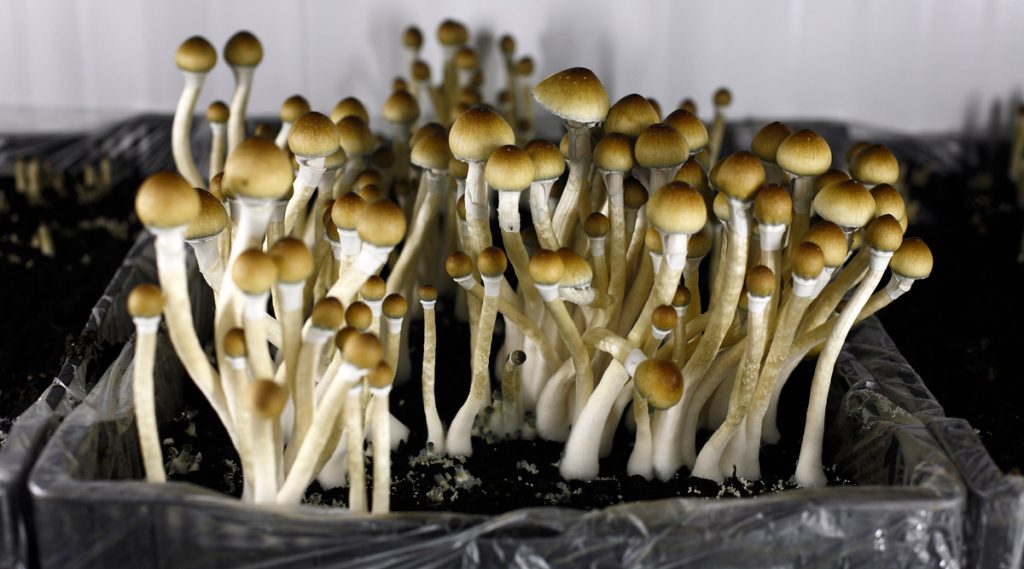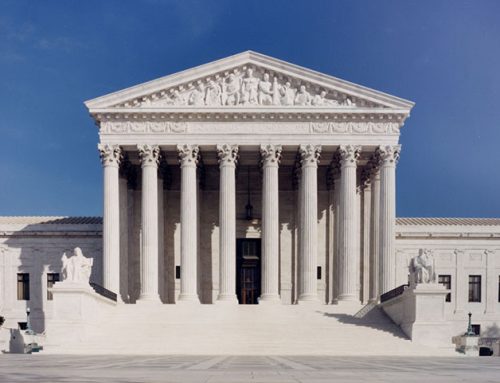DEA Challenges Right to Try Psilocybin Use in Court
LOS ANGELES- The U.S. Drug Enforcement Administration (DEA) has requested a federal appeals court to refuse Dr. Sunil Aggarwal’s application to use psilocybin for terminally ill patients, citing the Controlled Substances Act (CSA) which does not allow exemptions under Right to Try laws. Dr. Aggarwal, who leads the Advanced Integrative Medical Science Institute in Seattle, has sought permission to provide psilocybin, a compound found in magic mushrooms, to patients as a treatment for conditions such as depression and anxiety.
Despite being recognized by the FDA as a “breakthrough therapy,” psilocybin remains classified as a Schedule I drug under the CSA, implying it is considered to have no recognized medical value. Dr. Aggarwal argues that Right to Try laws, which are designed to let patients with terminal illnesses access investigational drugs not yet approved by the FDA, support his case.
The DEA, however, maintains that the Right to Try Act, which amends the Federal Food, Drug, and Cosmetic Act (FDCA), does not influence the CSA’s provisions. This stance was reinforced in a recent court filing by the DEA, which argued that Dr. Aggarwal had not provided sufficient evidence or detailed plans needed to justify an exemption for his request to administer psilocybin.
Legal experts and advocates have criticized the DEA’s position, arguing it unduly restricts access to potentially life-saving treatments for terminally ill patients. They point out that the Right to Try Act should facilitate access to drugs like psilocybin that have shown promise in clinical trials. The ongoing legal battle underscores a significant tension between federal drug enforcement policies and evolving perspectives on drug therapy for severe medical conditions.



































